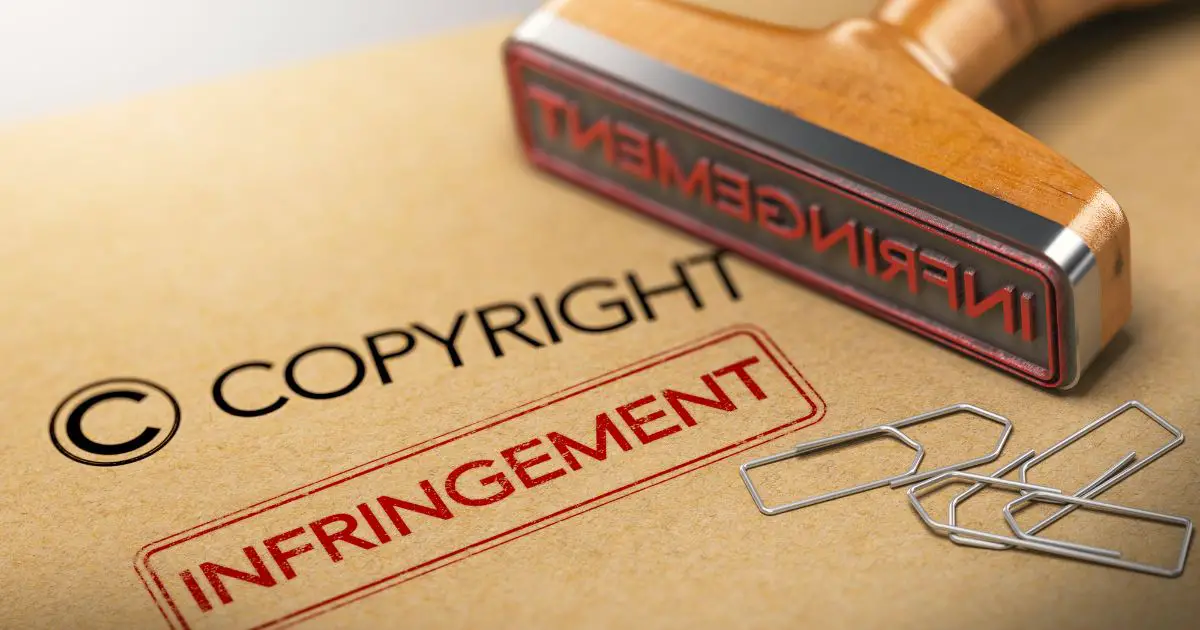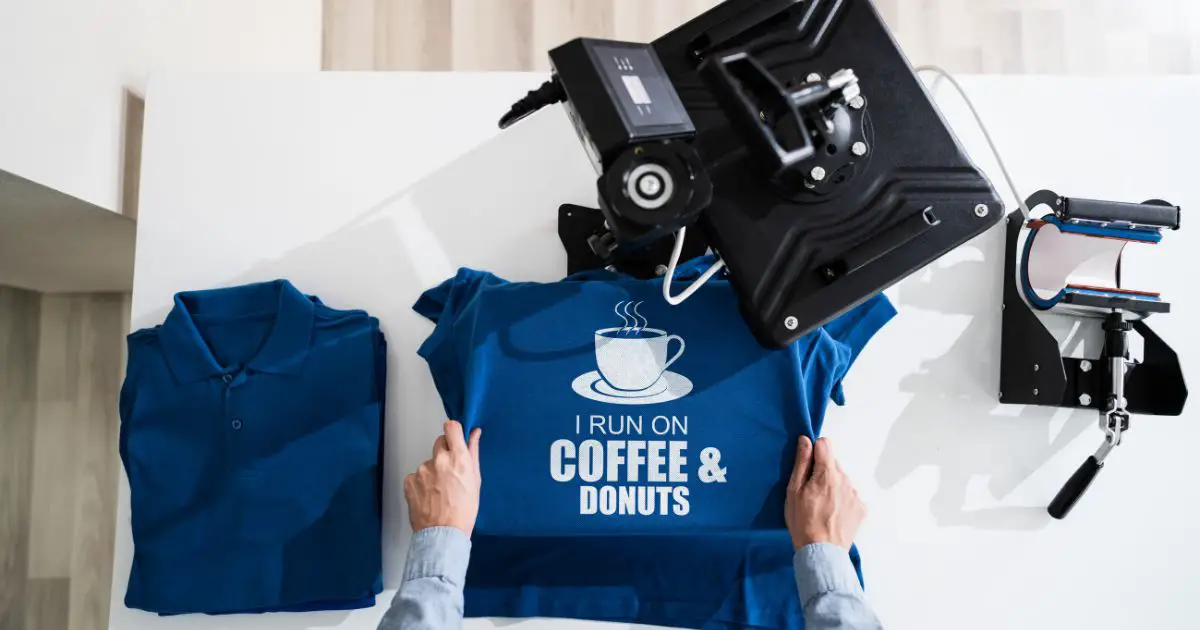In the expansive world of online marketplaces, Redbubble stands out as a prominent platform offering a diverse array of unique products designed by independent artists and designers. From clothing and accessories to home decor and stationery, Redbubble prides itself on providing a marketplace where creativity flourishes and individual expression thrives. However, amidst the allure of artistic innovation and personalized creations, questions inevitably arise regarding the legitimacy and trustworthiness of Redbubble as a print-on-demand platform.
In this comprehensive analysis, we delve into the depths of Redbubble to unveil the truth behind its operations, policies, and reputation. By examining its history, addressing common concerns, exploring transparency measures, and analyzing customer feedback, we aim to provide clarity on whether Redbubble is indeed a legitimate and trustworthy platform for artists, designers, and consumers alike.
Understanding Redbubble
Addressing Concerns
As with any online marketplace, concerns and doubts inevitably surface regarding the legitimacy and reliability of Redbubble. These concerns often revolve around issues such as copyright infringement, product quality, and customer service.
In this section, we delve into these concerns and explore how Redbubble addresses them to maintain its credibility and trustworthiness.
1. Copyright Infringement:
One of the most significant concerns associated with print-on-demand platforms like Redbubble is the potential for copyright infringement. Given the vast array of designs uploaded by independent artists, there is a risk of unauthorized use of copyrighted material, including images, logos, and artwork.

To address this concern, Redbubble has implemented robust copyright compliance policies and procedures. The platform employs automated content detection algorithms to scan uploaded designs for potential copyright violations. Additionally, Redbubble provides mechanisms for copyright owners to report infringements and request the removal of unauthorized content.
Furthermore, Redbubble collaborates with artists and copyright holders to ensure that only original and authorized designs are made available for sale on the platform. By prioritizing copyright compliance and actively enforcing intellectual property rights, Redbubble seeks to protect the rights of creators and maintain the integrity of its marketplace.
2. Product Quality:
Another common concern among consumers is the quality of products offered on Redbubble. With a wide range of items available, including clothing, accessories, and home decor, customers may question the durability, craftsmanship, and print quality of these products.
To address this concern, Redbubble has implemented rigorous quality control measures throughout the production process. The platform partners with reputable manufacturers and printing facilities to ensure that products meet high standards of quality and craftsmanship. Additionally, Redbubble provides detailed product descriptions and customer reviews to offer insights into product characteristics and performance.
Moreover, Redbubble offers a satisfaction guarantee, allowing customers to return products that do not meet their expectations for a refund or replacement. This commitment to customer satisfaction underscores Redbubble’s dedication to delivering quality products and fostering trust with its customers.
3. Customer Service:
Effective customer service is essential for resolving issues, addressing concerns, and ensuring a positive shopping experience. Concerns may arise regarding order fulfillment, shipping delays, or product discrepancies, necessitating responsive and reliable customer support.
To address these concerns, Redbubble offers multiple channels for customer communication, including email support, live chat, and a comprehensive help center. Trained customer service representatives are available to assist customers with inquiries, resolve issues, and provide guidance throughout the purchasing process.
Additionally, Redbubble prioritizes transparency and communication by providing order tracking and updates to keep customers informed about the status of their purchases. By offering personalized assistance and timely resolution of customer concerns, Redbubble aims to enhance the overall shopping experience and build trust with its customer base.
Transparency and Trustworthiness of Redbubble
Transparency and trustworthiness are foundational principles for any online marketplace. Redbubble recognizes the significance of these values in fostering confidence among its users. As a print-on-demand platform that empowers artists and designers to showcase their creativity, Redbubble places a strong emphasis on transparency in its operations, policies, and interactions with customers.
In this section, we will explore into the measures taken by Redbubble to ensure transparency and build trust with its diverse community of artists and customers.
1. Product Information and Descriptions:
At the heart of Redbubble’s commitment to transparency is its provision of detailed product information and descriptions. Each product listing on the platform includes comprehensive details such as materials, sizing charts, care instructions, and printing techniques used. Additionally, artists have the opportunity to provide insights into the inspiration behind their designs, offering customers a deeper understanding of the creative process.
By offering transparent and informative product descriptions, Redbubble enables customers to make informed purchasing decisions based on their preferences and requirements. This transparency extends to the customization options available, allowing customers to personalize products to suit their individual tastes.
2. Quality Control Measures:
Maintaining product quality is paramount for Redbubble, and the platform implements rigorous quality control measures to uphold high standards. Redbubble collaborates with trusted printing partners who utilize state-of-the-art printing technologies and adhere to strict quality assurance protocols.

Before products are ship ped to customers, they undergo thorough inspection to ensure accuracy, color vibrancy, and print clarity. Any products that do not meet quality standards are flagged and rectified to uphold Redbubble’s commitment to delivering premium-quality merchandise.
3. Intellectual Property Rights Protection:
Redbubble places a strong emphasis on intellectual property rights protection to safeguard the interests of artists and designers. The platform implements proactive measures to prevent copyright infringement and unauthorized use of intellectual property.
Artists have the option to specify their copyright and licensing terms for their designs, enabling them to retain ownership and control over their creative works. Additionally, Redbubble employs automated content recognition technology to detect and remove infringing content proactively.
In the event of copyright infringement claims, Redbubble provides a transparent and streamlined process for resolution. Artists and rights holders can submit takedown requests through Redbubble’s designated channels, and the platform promptly investigates and addresses such claims in accordance with applicable laws and regulations.
4. Customer Reviews and Feedback:
Customer reviews and feedback serve as valuable indicators of transparency and trustworthiness on Redbubble. The platform encourages customers to share their experiences and opinions through ratings and reviews, providing insights into product quality, shipping times, and customer service.
By facilitating open communication and feedback mechanisms, Redbubble fosters a culture of transparency and accountability. Positive reviews and testimonials affirm the platform’s reliability and customer satisfaction, while constructive feedback helps identify areas for improvement and refinement.
5. Community Engagement and Support:
Redbubble actively engages with its community of artists, designers, and customers through various channels to foster transparency and trust. The platform hosts forums, blogs, and social media platforms where users can connect, share insights, and provide feedback.
Additionally, Redbubble offers responsive customer support to address inquiries, resolve issues, and assist users with any concerns they may have. Whether through email, live chat, or support tickets, Redbubble prioritizes timely and helpful assistance to ensure a positive user experience.
Legal Compliance and Intellectual Property Rights
Ensuring legal compliance and safeguarding intellectual property rights are paramount considerations for any online marketplace, particularly one like Redbubble that relies heavily on user-generated content. As a print-on-demand platform facilitating the sale of designs and artworks created by independent artists and designers, Redbubble faces inherent challenges in navigating the complexities of copyright law, trademark infringement, and intellectual property protection. In this section, we delve into Redbubble’s approach to legal compliance and its commitment to upholding intellectual property rights.
1. Adherence to Copyright Law:
Copyright law governs the reproduction, distribution, and public display of creative works, including artworks, designs, and illustrations. Redbubble is acutely aware of its obligations under copyright law and has implemented stringent measures to ensure compliance across its platform.
One of the key aspects of Redbubble’s approach to copyright compliance is its robust content moderation system. Redbubble employs automated algorithms and manual review processes to scan uploaded designs for potential copyright infringement. Designs that are flagged as potentially infringing are subject to further scrutiny, and Redbubble takes swift action to remove infringing content from its platform.
Moreover, Redbubble provides mechanisms for copyright owners to report instances of infringement and submit takedown requests. The platform maintains a dedicated copyright infringement policy and offers a straightforward process for rights holders to assert their intellectual property rights. By promptly responding to infringement claims and removing infringing content, Redbubble demonstrates its commitment to respecting the rights of copyright owners.
2. Trademark Compliance:
In addition to copyright law, Redbubble also takes measures to ensure compliance with trademark regulations. Trademarks protect brand names, logos, and symbols used in commerce, and unauthorized use of trademarks can lead to claims of infringement.
Redbubble prohibits the use of trademarks without proper authorization and actively monitors its platform for unauthorized use of protected marks. Sellers are required to adhere to Redbubble’s trademark policy and refrain from using third-party trademarks without permission. Additionally, Redbubble responds promptly to reports of trademark infringement and takes appropriate action to address violations.
By enforcing strict policies against trademark infringement, Redbubble seeks to protect the interests of trademark owners while maintaining the integrity of its platform as a marketplace for original and legally compliant designs.
3. Artist Protection and Fair Compensation:
Beyond legal compliance, Redbubble is committed to protecting the interests of artists and designers who contribute their creativity to the platform. Through its partnership program, Redbubble offers artists the opportunity to earn royalties from the sale of their designs. Artists retain ownership of their intellectual property and grant Redbubble a license to reproduce and distribute their works.
Redbubble provides transparent royalty rates and earnings reports, allowing artists to track their sales and monitor their earnings. Additionally, Redbubble offers tools and resources to help artists promote their work and build a following within the Redbubble community.
Furthermore, Redbubble is committed to fair compensation practices and ensures that artists receive a fair share of the proceeds from sales of their designs. By providing a platform for artists to showcase their talents and earn income from their creations, Redbubble empowers creatives to pursue their passion while protecting their rights and interests.
Comparisons with Competitors
In the bustling landscape of print-on-demand platforms, Redbubble competes with several notable players, each offering its own unique features, advantages, and drawbacks. By examining Redbubble alongside its competitors, we can gain insights into its strengths, weaknesses, and overall legitimacy within the marketplace.
1. Society6:
Society6 shares many similarities with Redbubble, offering a platform for artists and designers to showcase their work on a variety of products, including apparel, home decor, and accessories. Both platforms emphasize artistic expression and creativity, catering to a similar demographic of art enthusiasts and design aficionados.
However, while Redbubble boasts a larger user base and broader product selection, Society6 distinguishes itself through its curated approach to product curation and artist partnerships. Society6 collaborates closely with select artists to curate collections and promote featured designs, thereby providing greater visibility and recognition for participating creators.
Moreover, Society6 places a stronger emphasis on product quality and customer satisfaction, with stringent quality control measures and dedicated customer support channels. While Redbubble offers a wider range of customization options and design flexibility, Society6 appeals to customers seeking curated collections and premium-quality products.
2. Teespring:
Teespring specializes in custom apparel and merchandise, offering a platform for individuals and businesses to create and sell their own branded products. Unlike Redbubble, which focuses on facilitating transactions between artists and consumers, Teespring empowers users to design and market their own merchandise, leveraging its print-on-demand infrastructure and fulfillment services.
While Teespring provides greater flexibility and control over product customization and branding, Redbubble offers a wider range of product categories and design options. Additionally, Redbubble’s established marketplace and global reach provide artists with broader exposure and potential for sales.
However, Teespring’s direct-to-consumer model may appeal to entrepreneurs and creators seeking to establish their own brands and retain greater control over pricing and marketing strategies. Ultimately, the choice between Redbubble and Teespring depends on individual preferences, objectives, and priorities.
3. Zazzle:
Zazzle shares similarities with both Redbubble and Teespring, offering a hybrid platform that combines customizable products with user-generated designs. Like Redbubble, Zazzle features a diverse range of product categories, including apparel, accessories, home decor, and stationery, allowing artists to showcase their designs across various mediums.
Final Judgement
After a thorough examination of Redbubble, including its history, practices, customer feedback, and comparisons with competitors, it becomes evident that Redbubble is a legitimate and trustworthy platform for artists, designers, and consumers alike.
Despite concerns that may arise regarding copyright infringement, product quality, or customer service, Redbubble has implemented robust measures to address these issues and uphold transparency, accountability, and customer satisfaction. Through its stringent copyright compliance policies, quality control procedures, and responsive customer support, Redbubble demonstrates a commitment to ethical practices and legal compliance.
Furthermore, by comparing Redbubble with its competitors such as Society6, Teespring, and Zazzle, we gain insights into its unique features, strengths, and advantages within the print-on-demand marketplace. While each platform offers distinct benefits and caters to different segments of the market, Redbubble stands out for its expansive marketplace, diverse product selection, and emphasis on artistic expression.





